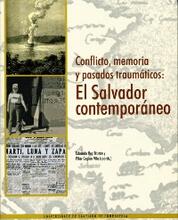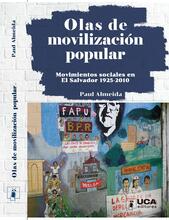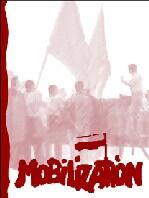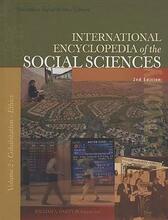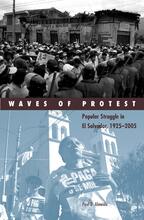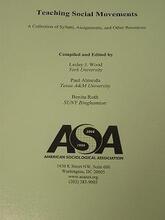Publications
2011
2010
Esta investigaci\ on se enfoca en las elecciones presidenciales e hist\ oricas en El Salvadoren 2009. Hay un \ enfasis dado a la transformaci\ on del partido pol\ ıtico FMLN en laera despu\ es de la guerra civil y la alianza entre el partido y los movimientos socialesen la sociedad civil. La combinaci\ on de los procesos de la democratizaci\ on y laspol\ ıticas de liberalizaci\ on econ\ omica en los 1990 y 2000 aport\ o al reforzamiento de lacoalici\ on entre el partido de la izquierda y los movimientos populares. Gradualmenteel FMLN se pod\ ıa canalizar la energ\ ıa de las campañas de los movimientos socialescontra las pol\ ıticas neoliberales y opini\ on p\ ublica en triunfos electorales al nivellocal, parlamentario y Ejecutivo.
2009
2008
In the 1990s and early 2000s, government privatization and austerity programs served as the cornerstone of free market reforms implemented throughout the developing world. The selling off of government utilities, resources, and services laid the groundwork for a highly contested battleground in the global South over social and economic distribution. This study examines the sequencing of campaigns against neoliberal reforms in Central America. Two successful movement campaigns against privatization in El Salvador and Costa Rica followed failed collective attempts to impede similar economic reforms. The policy outcomes against neo-liberal measures are explained by the path-dependent nature of the organizing templates activists chose to employ and the breadth of social movement unionism achieved. The article offers insights into similar battles currently waged in the third world over the pace of economic globalization and the conditions in which oppositional movements are likely to succeed or fail.
One of the first longitudinal studies of collective resistance in the developing world, Waves of Protest examines large-scale contentious action in El Salvador during critical eras in the country’s history.Providing a compelling analysis of the massive waves of protests from the early twentieth century to the present in El Salvador, Paul D. Almeida fully chronicles one of the largest and most successful campaigns against globalization and privatization in the Americas. Drawing on original protest data from newspapers and other archival sources, Almeida makes an impassioned argument that regime liberalization organizes civil society and, conversely, acts of state-sponsored repression radicalize society. He correlates the ebb and flow of protest waves to the changes in regime liberalization and subsequent de-democratization and back to liberalization.Almeida shows how institutional access and competitive elections create opportunity for civic organizations that become radicalized when authoritarianism increases, resulting at times in violent protest campaigns that escalate to revolutionary levels. In doing so, he brings negative political conditions and threats to the forefront as central forces driving social movement activity and popular contention in the developing world.

